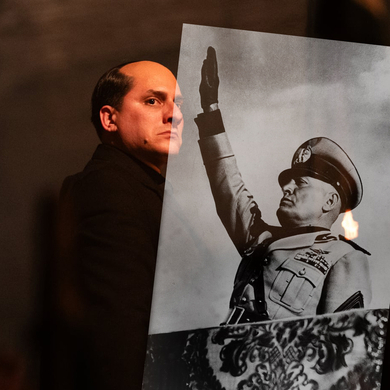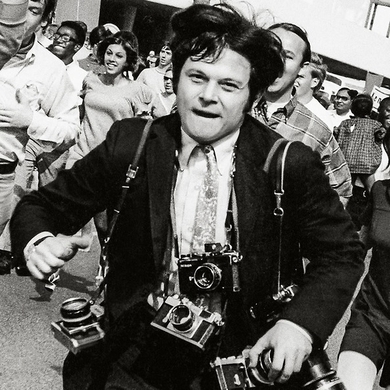In Jane Austen’s Mansfield Park, published in 1814, an at-home play production results in a standoff, with the righteous Fanny Howe refusing to participate. “I could not act if you were to give me the world,” she says. Fanny’s objection is in part a symptom of her demure sincerity, but it’s also based on moral grounds that Austen didn’t need to explain: at that time, the theater was associated with sex. Decades later, in Middlemarch, George Eliot would write of “a spot of commonness” afflicting an otherwise good man—his attraction to actresses. Polite society could enjoy theater, but actresses were a different matter. This centennial celebration, hosted by the Pulitzer Prize-finalist Heidi Schreck, honors the contributions past and present of women in theater. In light of history, they can be regarded as rebels. —C.J.F.


